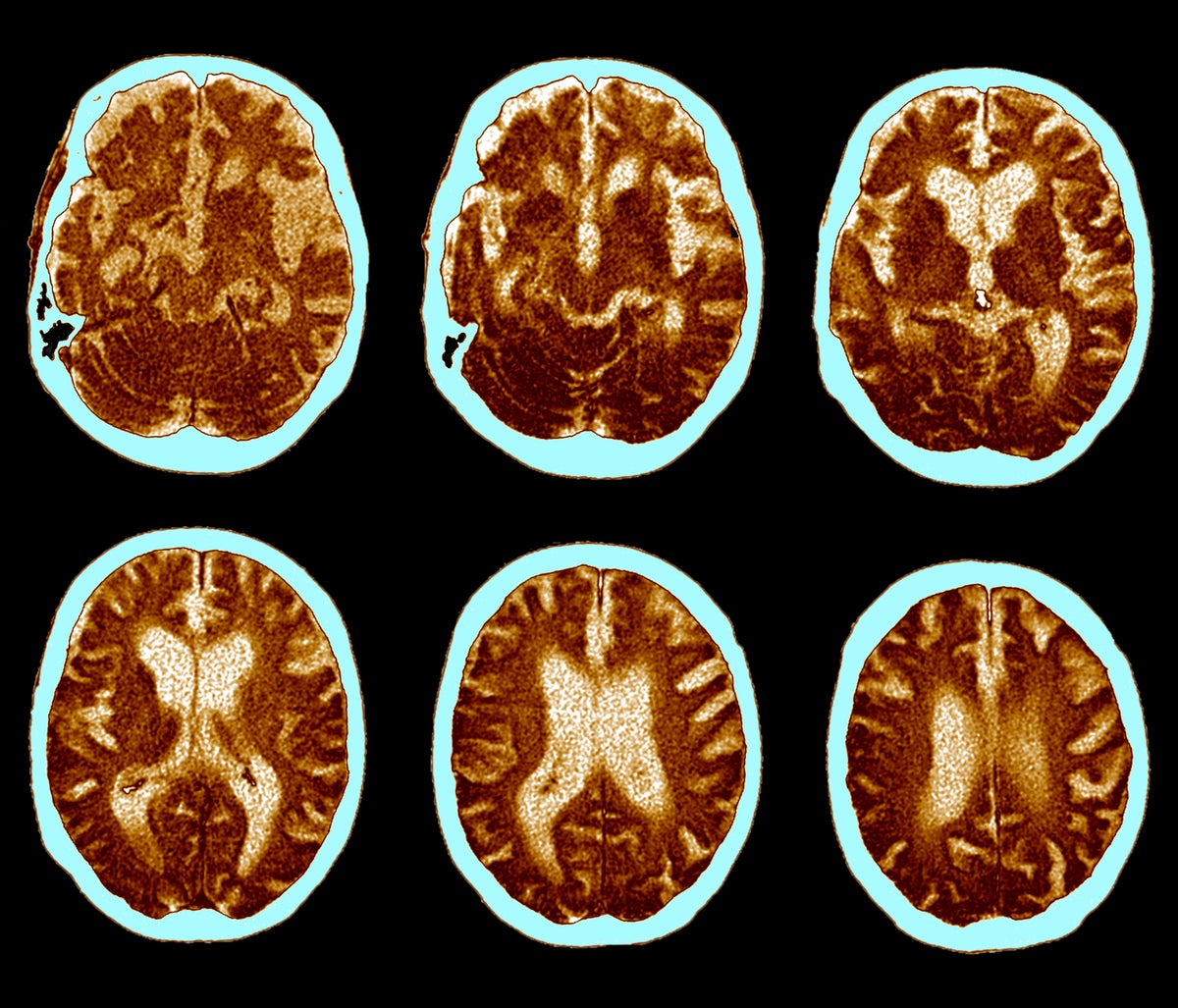
"The pill version of Novo Nordisk's blockbuster weight-loss medication, semaglutide, failed to slow down Alzheimer's progression in an initial analysis of two clinical phase 3 trials. The company behind the weekly injectable diabetes medication Ozempic and weight-loss drug Wegovy, which are also known as GLP-1 drugs, announced the top-line results today. Endocrinologist Daniel Drucker says that the trials were well-done but the results are a setback for the field."
"GLP-1 [drugs] have given us so many wonderful results, but tackling these very challenging brain disorders has been disappointing, says Drucker, who has consulted for Novo Nordisk in the past but does not currently. No one expected that it was going to shut down the progression of Alzheimer's disease, but there was a hope that we would see some benefit, and we didn't."
"Animal models and reviews of real-world data have previously suggested that GLP-1 drugs might reduce the risk or slow development of Alzheimer's. The reason why remains elusive, although researchers including Drucker suggest that these drugs might reduce inflammation associated with certain neurological conditions. GLP-1 does reduce inflammation in many parts of the body, and inflammation does drive part of the pathology of Alzheimer's, he says."
Semaglutide in pill form did not slow Alzheimer's progression in initial analyses of two phase 3 trials. Novo Nordisk is ending semaglutide trials on Alzheimer's, including tests of the injectable form. The trials, named evoke and evoke+, enrolled 3,808 participants aged 55 to 85 with early-stage Alzheimer's or mild cognitive impairment and spanned a planned 156-week period. Prior animal studies and real-world data had suggested GLP-1 drugs might reduce Alzheimer's risk or slow development, potentially by reducing inflammation, but the clinical results showed no clear benefit and represent a setback for this therapeutic approach.
Read at www.scientificamerican.com
Unable to calculate read time
Collection
[
|
...
]